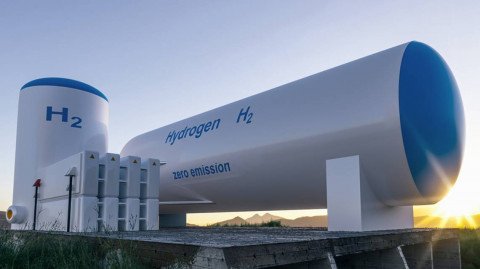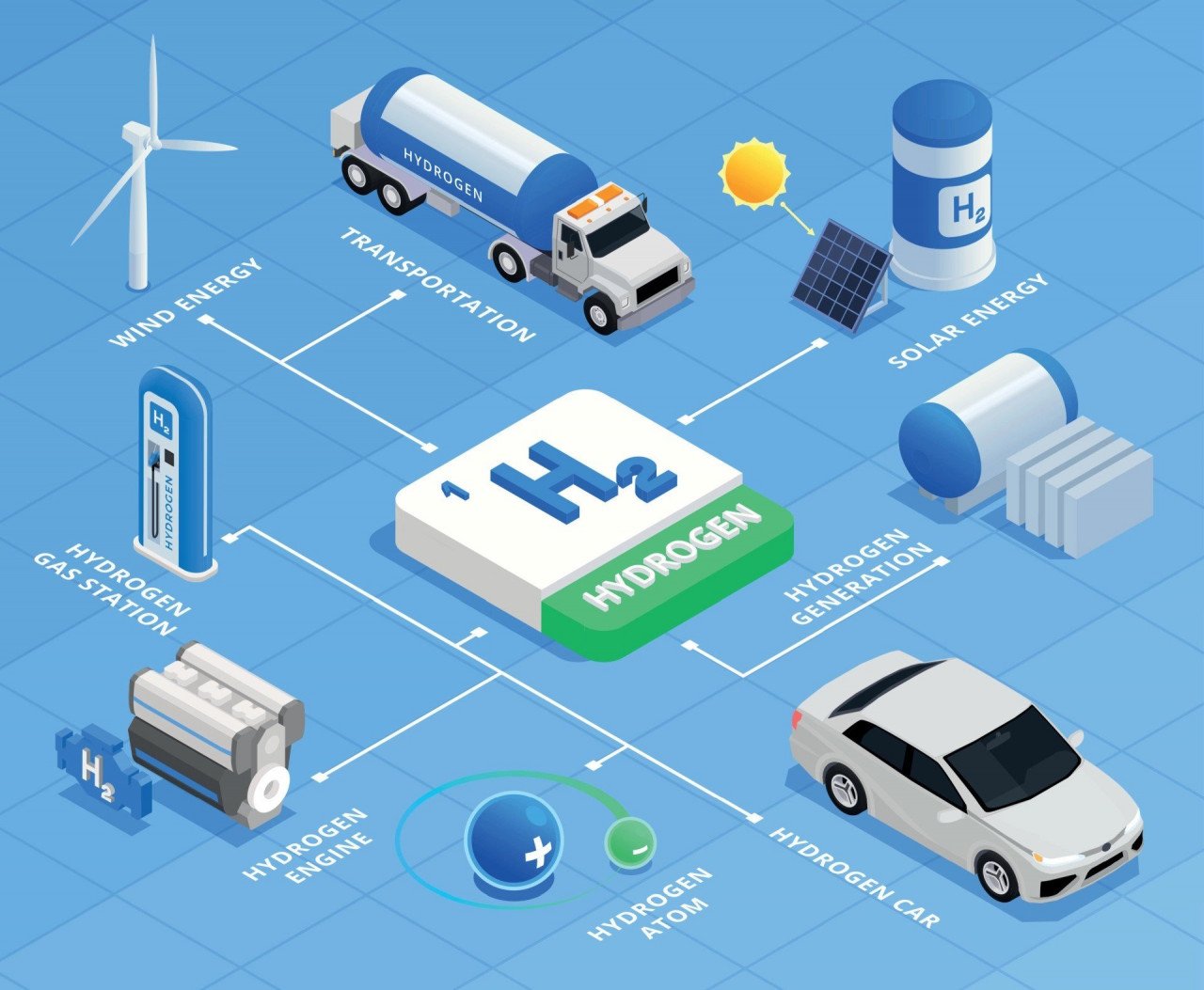Green Hydrogen | Review 2022: A look at the year that was
Team ETN has compiled a brief review of the global green hydrogen industry from various reports released in 2022, and recapped snapshots of news about important turn of events.
For 2022 Review of other sectors, click here.
The green hydrogen market size globally is expected to reach $60.56 billion by 2030, according to reports. The market is expected to expand at a CAGR of 39.5 percent from 2022 to 2030.
Nations around the world are keen on investing in what they believe would be the future fuel of the world. Hydrogen economy is being touted as an environment-friendly alternative to fossil fuel economy.
Governments continue to consider hydrogen a strong part of their energy plans: there are 26 national strategies that have been adopted so far, of which nine were taken up since September 2021. Some countries plan to implement these policies, with an aim to support commercial scale projects for low-emission hydrogen production and infrastructure (e.g., the EU Important Projects of Common European Interest, the US Inflation Reduction Act and the German H2Global Initiative).
However, reports indicate that there is still not enough policy activity for creating hydrogen demand, which is critical to secure off-take agreements. With no demand, it would be difficult to realize investment decisions in this segment.
RELATED: COP27: Hydrogen Day marked massive push for Green Hydrogen ecosystem
In May 2022, the European Commission published a proposal with the REPowerEU plan, where it outlined a 'hydrogen accelerator' concept to scale up the deployment of renewable hydrogen, which will contribute to accelerating the EU's energy transition and decarbonizing the EU's energy system. The REPowerEU plan's ambition is to produce 10 million tons and import 10 million tons of renewable hydrogen in the EU by 2030. The plan also commits to complete the first IPCEI on hydrogen, which is IPCEI Hy2Tech that aims at developing innovative technologies for the hydrogen value chain to decarbonise industrial processes and mobility.
In July 2022, the European Commission approved a €5.4 billion ($5.4 billion) hydrogen project jointly funded by 15 EU countries and 35 companies including Alstom and Daimler Truck. Other participating companies include Ansaldo, Bosch, Enel, Fincantieri, Orsted and Plastic Omnium. The group will take part in 41 projects in the hydrogen scheme focusing on generation of hydrogen, fuel cells, storage, transportation and distribution of hydrogen and end-user's applications, in particular in the mobility sector.
Oil major Shell took the final investment decision to build Holland Hydrogen I, which will likely be Europe's largest renewable hydrogen plant once operational in 2025. The 200MW electrolyzer will be constructed on the Tweede Maasvlakte at the port of Rotterdam and will produce up to 60,000 Kg of renewable hydrogen per day.
In June this year, US electrolyzer manufacturer, Plug Power announced that it will build a 100MW green hydrogen plant in the Belgian port of Antwerp-Bruges, likely to come online in 2025.
RELATED: US DoE allocates $750m for accelerating Clean Hydrogen technologies
In August 2022, Spain's Iberdrola group through its Scottish Power subsidiary announced its plans to build a green hydrogen production plant at Felixstowe, England – the UK's largest port. Iberdrola will invest £150 million (€170 million) in the project, which is expected to be completed in 2026.



















